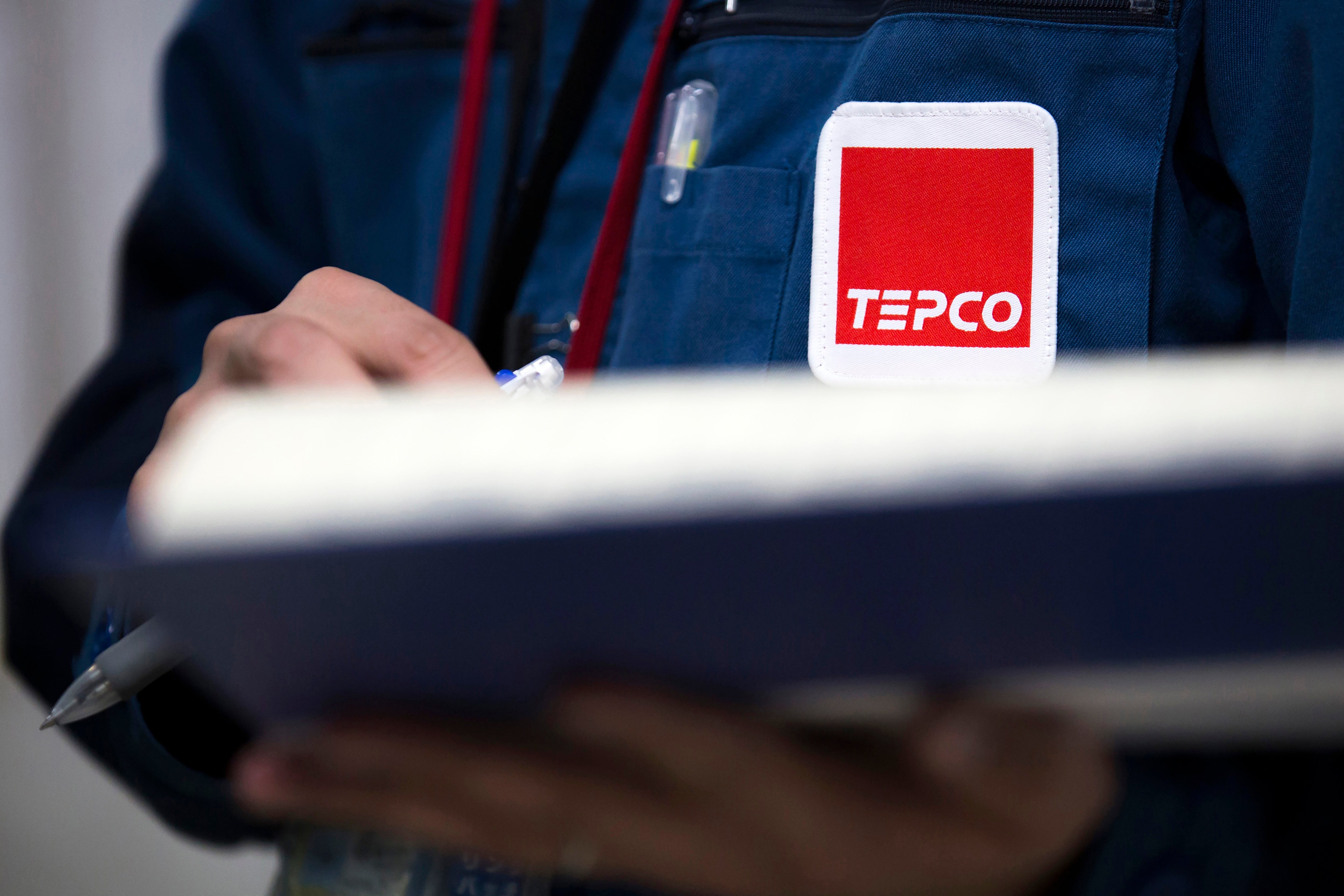Tokyo court only holds utility responsible to compensate Fukushima evacuees and reduces damages
A Tokyo court has held only the operator of the tsunami-wrecked Fukushima nuclear power plant responsible for paying damages to dozens of evacuees

Your support helps us to tell the story
From reproductive rights to climate change to Big Tech, The Independent is on the ground when the story is developing. Whether it's investigating the financials of Elon Musk's pro-Trump PAC or producing our latest documentary, 'The A Word', which shines a light on the American women fighting for reproductive rights, we know how important it is to parse out the facts from the messaging.
At such a critical moment in US history, we need reporters on the ground. Your donation allows us to keep sending journalists to speak to both sides of the story.
The Independent is trusted by Americans across the entire political spectrum. And unlike many other quality news outlets, we choose not to lock Americans out of our reporting and analysis with paywalls. We believe quality journalism should be available to everyone, paid for by those who can afford it.
Your support makes all the difference.A Tokyo court on Tuesday held only the operator of the tsunami-wrecked Fukushima nuclear power plant responsible for paying damages to dozens of evacuees.
The Tokyo High Court also slashed the amount to half of what the lower court had ordered and relieved the government of responsibility — a decision that plaintiffs and their lawyers criticized as belittling their suffering and the severity of the disaster.
The court ordered only the Tokyo Electric Power Company Holdings, known as TEPCO, to pay a total of 23.5 million yen ($165,000) to 44 of the 47 plaintiffs, while not holding the government accountable.
Tuesday's ruling apparently backpedaled from an earlier decision in March 2018, when the Tokyo District Court held both the government and TEPCO accountable for the disaster, which the ruling said could have been prevented if they both took better precautionary measures, ordering both to pay 59 million yen ($414,400) in damages.
The decision comes at a time when Japan's government tries to accelerate reactor restarts to maximize nuclear energy to meet decarbonization targets, while seeking to tone down the impact of the nuclear disaster 13 years ago, and its memory gradually fades.
Three reactors at the Fukushima Daiichi nuclear plant melted after a magnitude 9.0 earthquake and tsunami hit on March 11, 2011, releasing massive amounts of radiation in the area and displacing more than 160,000 people at one point. About 27,000 of them are still unable to return home.
The government has pushed for the decontamination of affected areas and the reopening of no-go zones, and has urged evacuees to return to their homes while cutting back support for them. The government-set compensation program, which is mostly based on distance from the plant and radiation levels, has triggered divisions and discrimination among communities.
The dispute centers on whether the government could have foreseen the risk of a massive tsunami, and whether the disaster could have been averted if the government had ordered the utility to take precautions.
In the ruling, judge Hiro Misumi said the flooding of the plant because of the tsunami wasn't preventable even if the industry ministry used its authority and ordered the utility to enhance a seawall based on a tsunami estimate at that time.
The decision is among the four rulings that apparently came in line with the June 2022 Supreme Court decision that said the government wasn't liable for the disaster and that the disaster from a tsunami that high wasn't foreseeable or preventable.
Motomitsu Nakagawa, a lawyer representing the plaintiffs, said that Tuesday's high court ruling was “almost a mere copy and paste” of the top court decision and that it “makes me infuriated.”
Nakagawa said the ruling takes the disaster-hit residents' suffering lightly, and the reduction of the amount of compensation is also tantamount to saying that the operator can get away with paying only that much damage in a disaster.
He said that he planned to discuss a possible appeal to the Supreme Court after consulting with his clients.
Yuya Kamoshita, who has evacuated to Tokyo from Iwaki, south of the Fukushima Daiichi plant with his family, said the ruling was unacceptable because it trivialized the evacuees' sufferings, and failed to hold the government accountable even though the nuclear power plant was operated as part of the national energy policy.